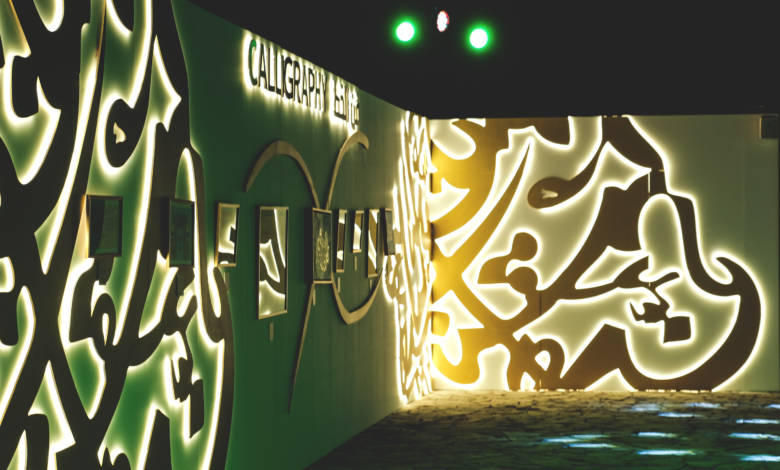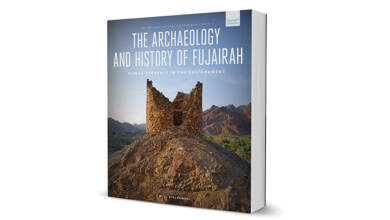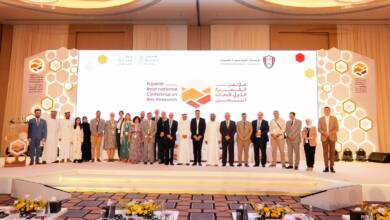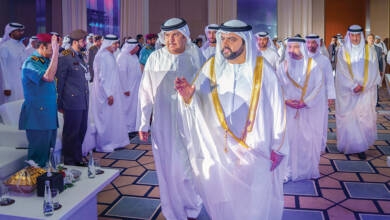
This day is an opportunity to celebrate the richness and global importance of the Arabic language, which has played a catalytic role in culture, science and the arts throughout history.
The Arabic language is one of the pillars of the cultural diversity of mankind. It is one of the most widely used languages in the world, spoken daily by more than 400 million people.
Arabic speakers are distributed between the Arab region and many other neighboring regions such as Turkey, Chad, Mali, Senegal and Eritrea, as Arabic is of paramount importance to Muslims, as it is a sacred language (the language of the Qur’an), and prayer (and other acts of worship) in Islam are only performed by mastering some of its words. Arabic is also a major ritual language in a number of Christian churches in the Arab region, where many of the most important Jewish religious and intellectual works in the Middle Ages were written.
The Arabic language allows entry to a world full of diversity in all its forms and images, including the diversity of origins, stripes, and beliefs. Limited engineering, poetry, philosophy and singing. Arabic has prevailed for many centuries of its history as the language of politics, science, and literature. It has affected, directly or indirectly, many other languages in the Islamic world, such as: Turkish, Persian, Kurdish, Urdu, Malay, Indonesian, Albanian and some other African languages such as Hausa and Swahili, and some European languages, especially Mediterranean ones. As Spanish, Portuguese, Maltese and Sicilian.
In addition, it acted as a catalyst for the production and dissemination of knowledge, and helped to transfer Greek and Roman scientific and philosophical knowledge to Europe in the Renaissance. It also allowed for the establishment of intercultural dialogue along the land and sea routes of the Silk Road from the coast of India to the Horn of Africa.




